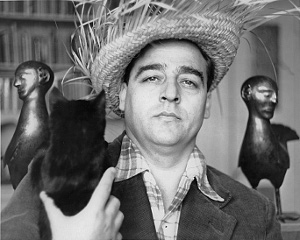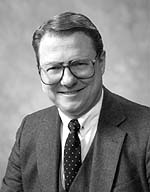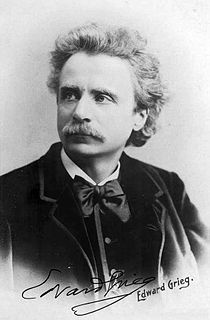A Quote by John Ruskin
If men lived like men indeed, their houses would be temples -- temples which we should hardly dare to injure, and in which it would make us holy to be permitted to live; and there must be a strange dissolution of natural affection, a strange unthankfulness for all that homes have given and parents taught, a strange consciousness that we have been unfaithful to our fathers honor, or that our own lives are not such as would make our dwellings sacred to our children, when each man would fain build to himself, and build for the little revolution of his own life only.
Quote Topics
Affection
Been
Build
Children
Consciousness
Dare
Dissolution
Each
Fathers
Given
Hardly
Himself
His
Holy
Homes
Honor
Houses
Indeed
Life
Like
Like Me
Little
Live
Lived
Lives
Make
Man
Men
Must
Natural
Only
Our
Our Children
Our Father
Own
Parents
Permitted
Revolution
Sacred
Should
Strange
Taught
Temples
Unfaithful
Us
Which
Would
Would Be
Related Quotes
With only one life to live we can't afford to live it only for itself. Somehow we must each for himself, find the way in which we can make our individual lives fit into the pattern of all the lives which surround it. We must establish our own relationships to the whole. And each must do it in his own way, using his own talents, relying on his own integrity and strength, climbing his own road to his own summit.
Why shouldn't you think it's crazy to believe in a green deer? All your life you have been taught to believe in only what you can use-to set on the table, to put in the bank, to build a house with. What possible use would a green deer be to anyone? Who would believe in a man with a blazing bush in his cart? Then let me tell you that it is beliefs just such as these that are the only hope of the world. Let me tell you that until men are ready to believe in the green deer and the strange carter, we shall not lift our noses above the bloody mess we have made of our living.
But we are pledged to set the world free. Our toil must be in silence, and our efforts all in secret. For in this enlightened age, when men believe not even what they see, the doubting of wise men would be his greatest strength. It would be at once his sheath and his armor, and his weapons to destroy us, his enemies, who are willing to peril even our own souls for the safety of one we love. For the good of mankind, and for the honor and glory of God.
There was once a strange, small man. He decided three important details about his life: 1. He would part his hair from the opposite side to everyone else. 2. He would make himself a small, strange mustache. 3. He would one day rule the world. ...Yes, the Fuhrer decided that he would rule the world with words.
We live in strange times. We also live in strange places: each in a universe of our own. The people with whom we populate our universes are the shadows of whole other universes intersecting with our own. Being able to glance out into this bewildering complexity of infinite recursion and say things like, 'Oh, hi, Ed! Nice tan. How's Carol?' involves a great deal of filtering skill for which all conscious entities have eventually to develop a capacity in order to protect themselves from the contemplation of the chaos through which they seethe and tumble.
Perhaps that is our doom, our human curse, to never really know one another. We erect edifices in our minds about the flimsy framework of word and deed, mere totems of the true person, who, like the gods to whom the temples were built, remains hidden. We understand our own construct; we know our own theory; we love our own fabrication. Still . . . does the artifice of our affection make our love any less real?
When we first got married, we made a pact. It was this: In our life together, it was decided I would make all of the big decisions and my wife would make all of the little decisions. For fifty years, we have held true to that agreement. I believe that is the reason for the success in our marriage. However, the strange thing is that in fifty years, there hasn’t been one big decision.
Some Catholics have a concept I very much admire: the Sacrament of the Present Moment. It suggests that every moment of our lives is sacred, and that we should make of each moment a sacrament. Were we to do this we would think of the entire world as diffused with holiness. Wherever we might be would be a holy place for us, and we would see the holy, even sainthood, in everyone we encounter.




































